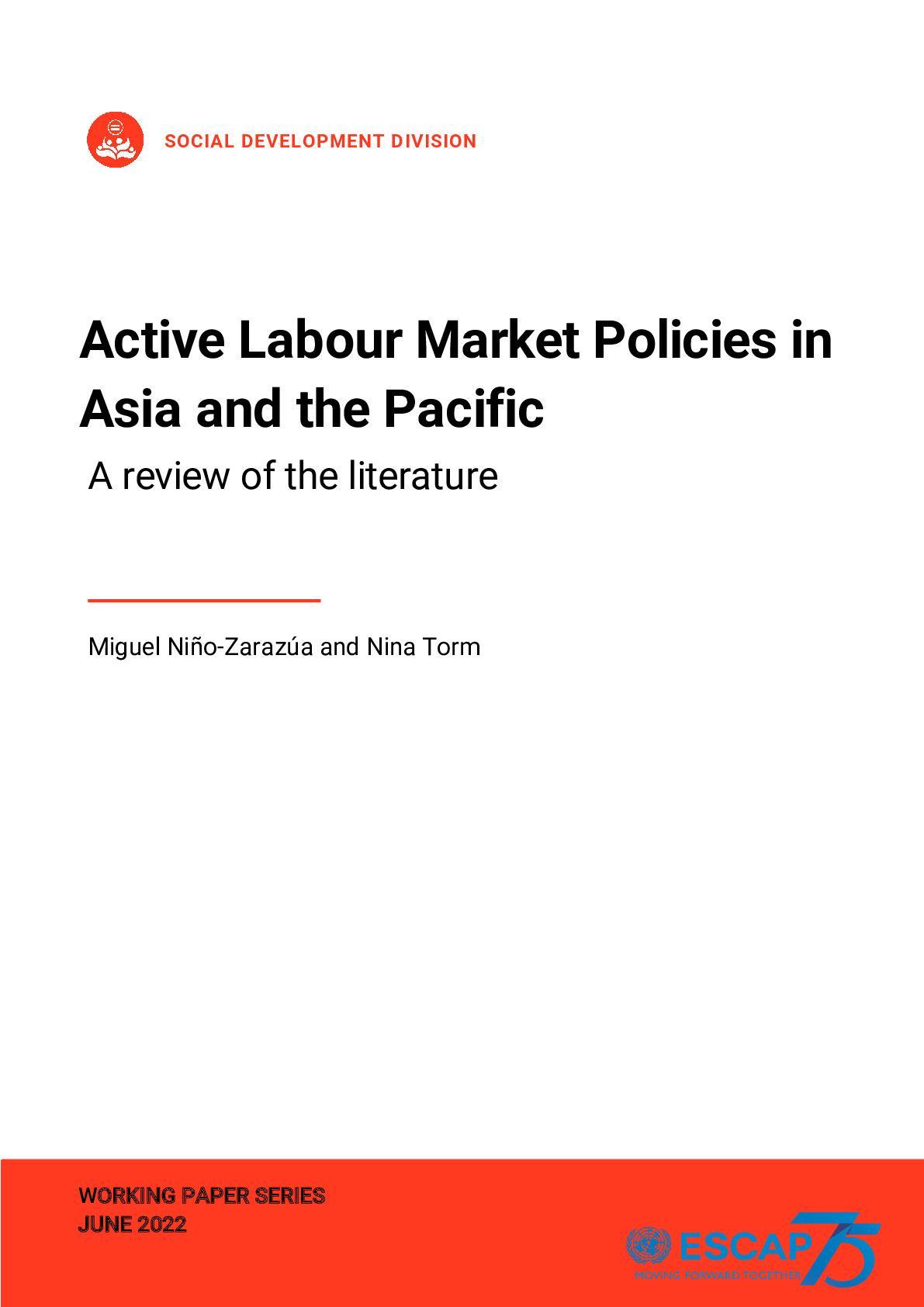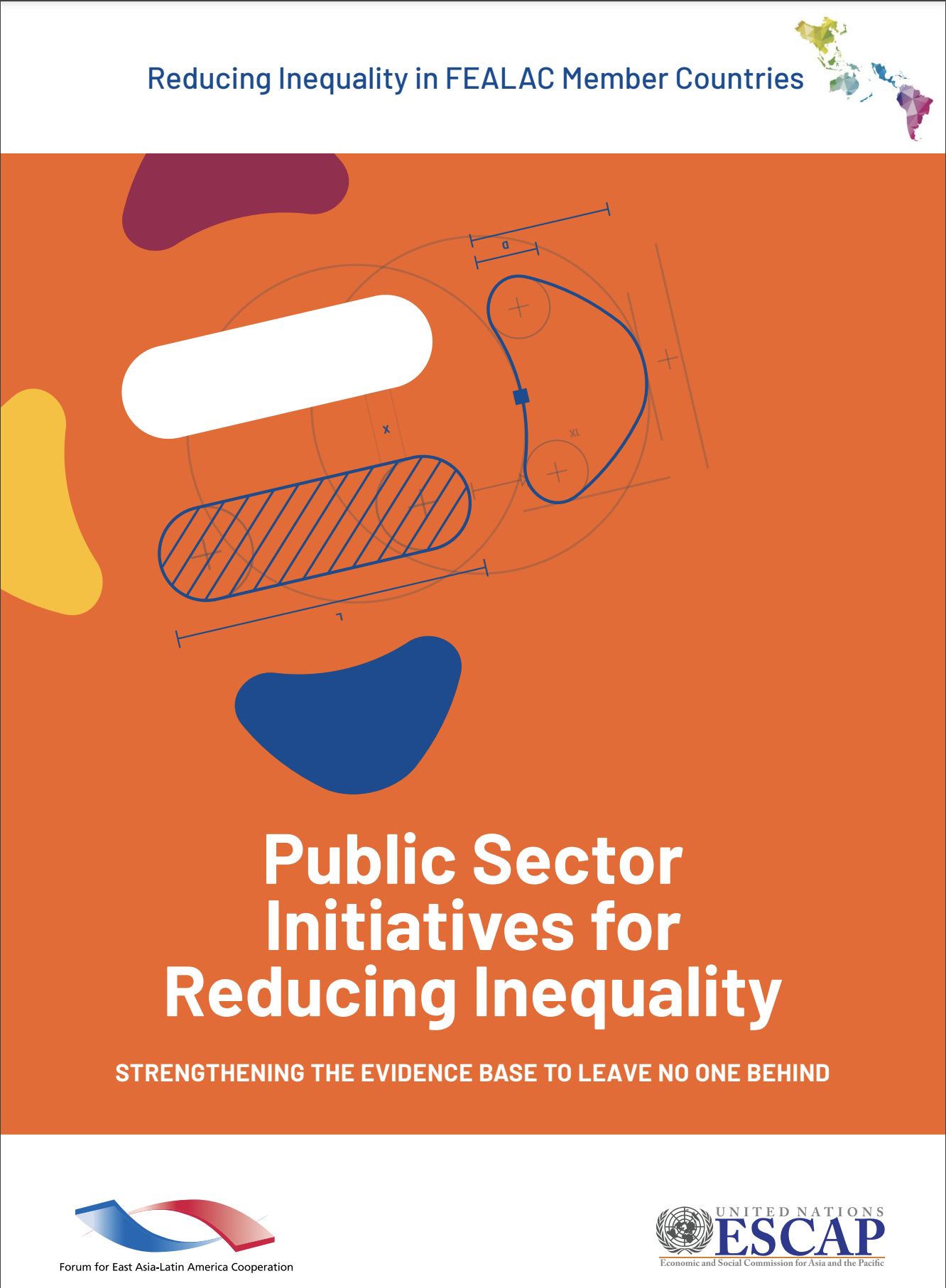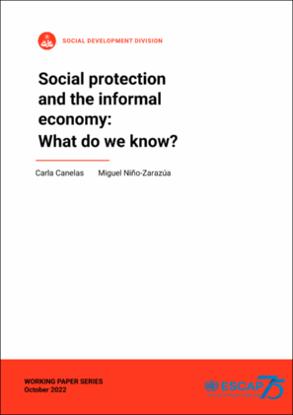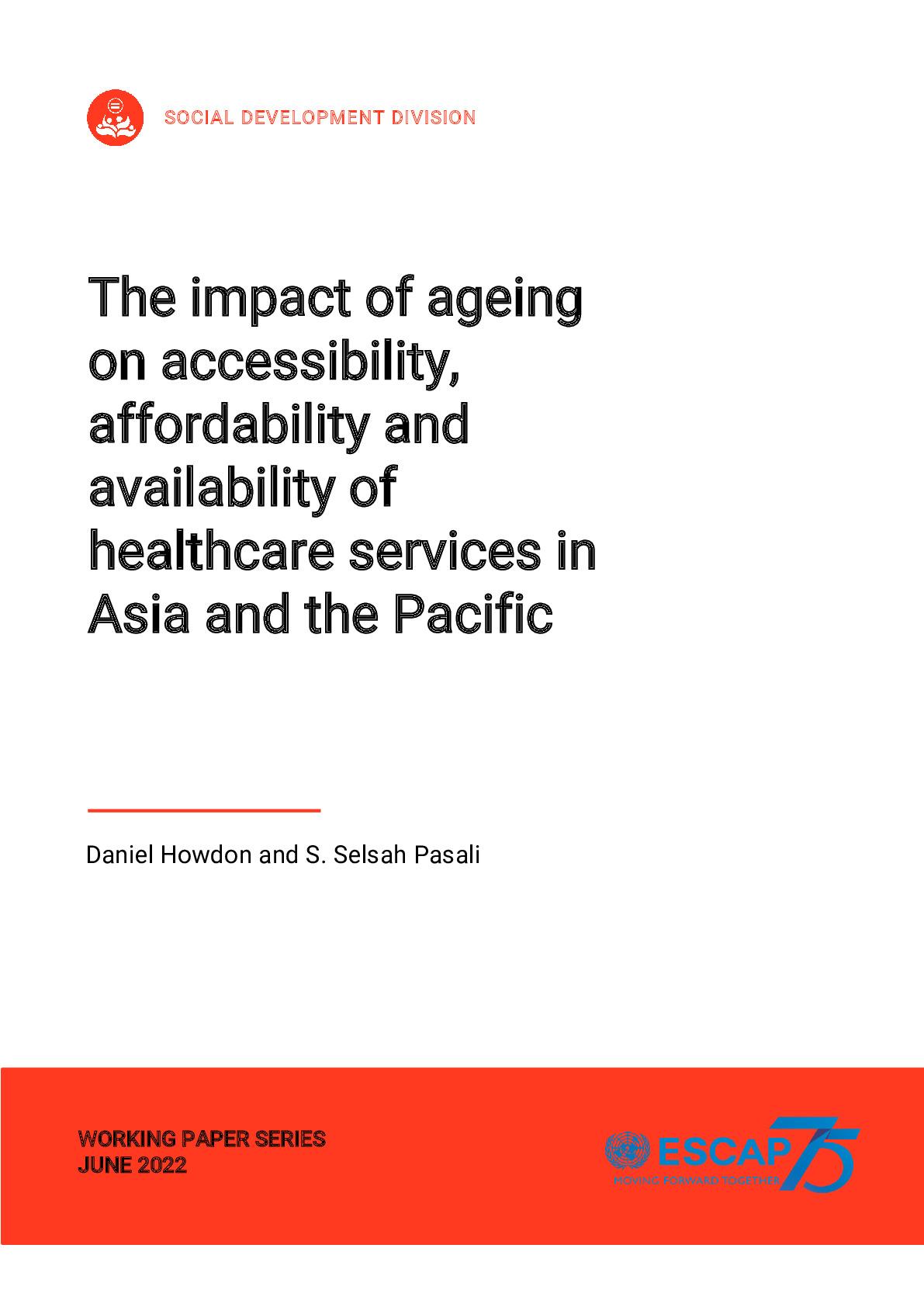Active labour market policies in Asia and the Pacific : a review of the literature
Working paper
01 June 2022
Abstract
Introduction
Active labour market policies: Concepts, functions, typologies and actors
• ALMPs and social protection systems: An integrated approach Scale of active labour market policies in Asia and the Pacific Methodology
• The search protocol
• Description of Studies Synthesis of evidence
• Supply-side measures •
• Asia and the Pacific •
• Latin America and the Caribbean •
• Sub-Saharan Africa •
• Middle East and North Africa
• Demand-driven measures •
• Public Employment Programmes •
• Employment, wage and recruitment subsidies Discussion
• Theory of change
• Replicability and scalability of ALMPs Conclusion References Appendix A Appendix B – Impact matrices Appendix C – Search Queries
• ALMPs and social protection systems: An integrated approach Scale of active labour market policies in Asia and the Pacific Methodology
• The search protocol
• Description of Studies Synthesis of evidence
• Supply-side measures •
• Asia and the Pacific •
• Latin America and the Caribbean •
• Sub-Saharan Africa •
• Middle East and North Africa
• Demand-driven measures •
• Public Employment Programmes •
• Employment, wage and recruitment subsidies Discussion
• Theory of change
• Replicability and scalability of ALMPs Conclusion References Appendix A Appendix B – Impact matrices Appendix C – Search Queries
This paper reviews the evidence on the effectiveness of active labour market programmes in low- and middle-income countries with high informality, highlighting examples of interventions that have been implemented in combination with other policies including social protection measures. In reviewing the literature, we adopt a scoping review methodology to identify studies that look at a range of programme outcomes including earnings, employment, formality and productivity. We include studies from 2000 onwards, and after a thorough selection and screening process we end up with 106 papers for the review. Most of these studies find some positive aspect associated with the programme under study, although significant positive aspects are in many cases contingent on a specific target population, or time frame of programme and evaluation. We employ a theory of change conceptual framework to further discuss the channels, mechanisms and assumptions that are seen to underpin programme effectiveness (or the lack of). Success often depends on specific contextual factors and/or the joint implementation of different types of active and/or passive labour market policies, including specific social protection measures or other public policies.









